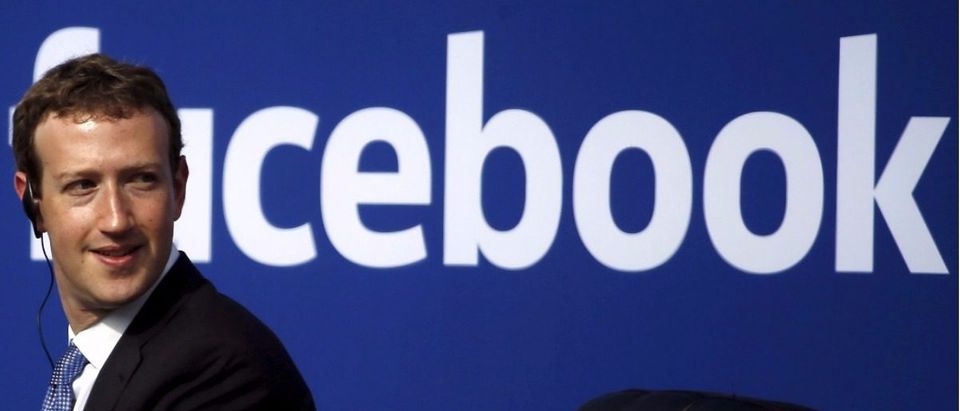Facebook admitted to congressional investigators Wednesday to selling political ads to a suspicious Russian company during the 2016 presidential election. But how much effect, if any, it actually had on the final results is dubious.
Most of the advertisements do not focus on then-Republican presidential nominee Donald Trump or then-Democratic presidential candidate Hillary Clinton, and the ad sales merely amounted to $100,000. The majority of the ads touched on highly contentious social issues, like race, gun rights, gay rights, and immigration. As Axios reporter Sara Fischer notes, that is a very small amount, especially in a two-year time span. The ad buy likely did very little to sway many people’s opinions on who to vote for.
Representatives for Facebook allege that they didn’t discover the details of it’s own deal until later on. A company spokesman told CNN in July that they’ve “seen no evidence that Russian actors bought ads on Facebook in connection with the election.”
Specifically, Facebook says that during a probe, it found that roughly 3,000 ads were connected to the Russian company, and around 470 inauthentic accounts and pages also appeared to be connected to that firm, which likely promoted the ads.
The small number of ads relative to the larger, massive political advertisement ecosystem means that reach and impact were limited. But the prospect of Russian companies who may have connections to the Kremlin trying to cultivate an even further schismatic political landscape in America is another aspect that worries lawmakers who long feared Russia’s influence on the U.S. presidential election.
Democrat Rep. Adam Schiff of California, a leader on the House Permanent Select Committee on Intelligence, described the evidence Wednesday as a “profound warning to us and others about future elections,” according to The Washington Post.
Senate Intel Committee Vice Chairman Mark Warner has raised concerns for months that Facebook’s ad targeting services may have boosted the prevalence of “fake news” on the platform. The top Democrat on the committee said in early August that he needed more time to talk with officials at Facebook to discuss how Russians could purposefully spread such misleading or fraudulent news. Many credited or blamed Trump winning the presidency to the apparent rise of “fake news,” but economists at Stanford and New York University conducted a study that showed otherwise. (RELATED: BuzzFeed’s Infamous Trump Dossier Is Facebook’s Most Read News Story In Past Year)
Warner was also worried that certain Russian actors may have been loosely corresponding with Trump’s campaign, although no evidence has yet been identified.
“We have shared our findings with US authorities investigating these issues, and we will continue to work with them as necessary,” Facebook Chief Security Officer Alex Stamos said in a blog post. (RELATED: Zuckerberg Might Just Make Russia’s 25-Year-Old Spy Dreams A Reality)
In fact, the social media company turned over all information to special counsel Robert Mueller, according to CNBC, which included copies of the ads, as well as the ostensible identity of the purchasers. Mueller is currently investigating Russian efforts to influence the 2016 presidential contest. Trump has described the investigation as a “witch hunt” multiple times.
Send tips to eric@dailycallernewsfoundation.org.
All content created by the Daily Caller News Foundation, an independent and nonpartisan newswire service, is available without charge to any legitimate news publisher that can provide a large audience. All republished articles must include our logo, our reporter’s byline and their DCNF affiliation. For any questions about our guidelines or partnering with us, please contact licensing@dailycallernewsfoundation.org.


